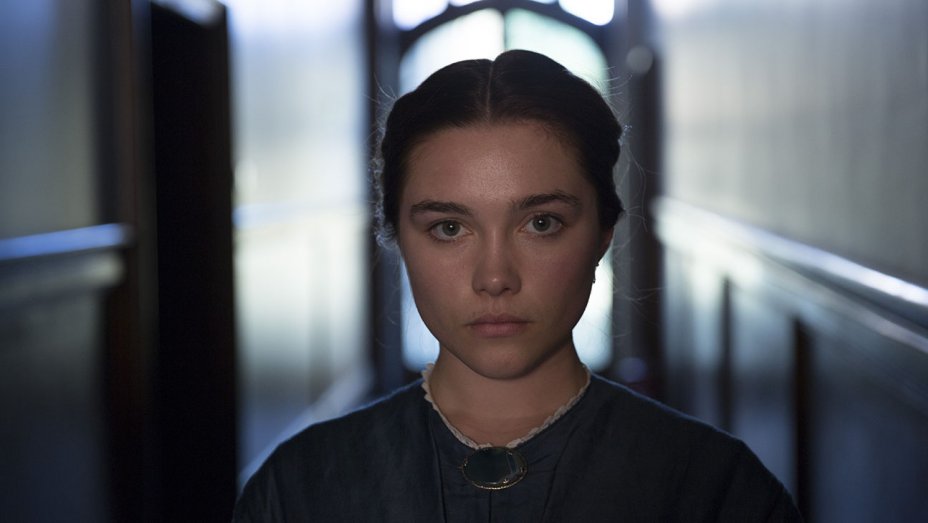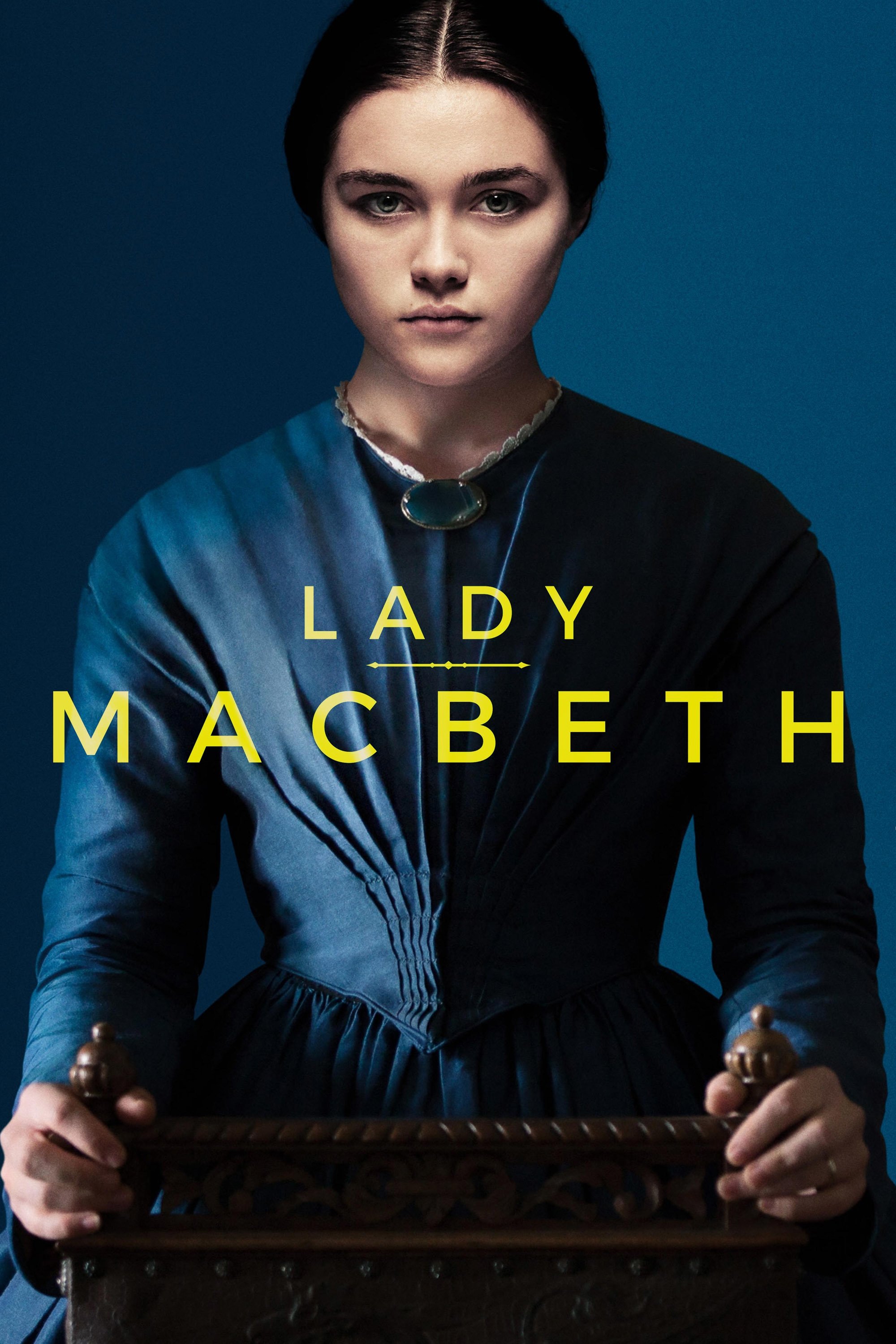

Robert Alan as Third Murderer (uncredited).Brainerd Duffield as First Murderer and Witch.Welles also cast his daughter Christopher in the role of Macduff's son this was her only film appearance.

film role as Macduff, and cast former child star Roddy McDowall as Malcolm. Welles brought in Irish actor Dan O'Herlihy in his first U.S. Welles settled on Jeanette Nolan, one of the Mercury Theatre's repertory players on radio and a trusted colleague since their days on The March of Time radio program. "There is no evidence to suggest that these rejections were much of a blow to Welles," wrote biographer Frank Brady. At Welles's request Anne Baxter, Mercedes McCambridge and Agnes Moorehead were approached but they were unavailable. The role was offered to Tallulah Bankhead, who turned it down. His first choice was Vivien Leigh, but Welles never approached her since he believed her husband, Laurence Olivier, would be unsupportive.

Welles cast himself in the title role, but was initially stymied in casting Lady Macbeth, regarded by Republic as the focus of the film. Orson Welles (Macbeth) and Jeanette Nolan (Lady Macbeth) until 1946) helped to propel Welles' Macbeth forward. None of these films was commercially successful, but the commercial and critical prestige earned by Laurence Olivier's film version of Henry V (which was produced in Great Britain in 1944 but not seen in the U.S. Macbeth marked the fourth time that a post-silent era Hollywood studio produced a film based on a Shakespeare play: United Artists had produced The Taming of the Shrew in 1929, Warner Brothers made A Midsummer Night’s Dream in 1935, and Metro-Goldwyn-Mayer produced Romeo and Juliet in 1936. He borrowed aspects from both productions for his film adaptation. Welles had previously staged the so-called Voodoo Macbeth in 1936 in New York City with an all-black cast, and again in 1947 in Salt Lake City as part of the Utah Centennial Festival. When some members of the Republic board of directors expressed misgivings on the project, Welles had a contract drawn in which he agreed to personally pay any amount over $700,000. Welles guaranteed to deliver a completed negative of Macbeth on a budget of $700,000. However, Yates was not able to provide Welles with a large budget. Republic had already tried to present off-beat features, including Gustav Machatý's Jealousy (1945) and Ben Hecht's Specter of the Rose (1946). Yates was attempting to raise the level of his studio, which produced Roy Rogers Westerns and low-budget features, into that of a prestige studio. Feldman, Welles successfully convinced Herbert Yates, founder and president of Republic Pictures, of the prospect of creating a film version of Macbeth. Welles switched to pushing for a film adaptation of Macbeth, which he visualized in its violent setting as "a perfect cross between Wuthering Heights and Bride of Frankenstein." He initially attempted to pique Alexander Korda's interest in an adaptation of Othello, but was unable to gather support for the project. In 1947, Orson Welles began promoting the notion of bringing a Shakespeare drama to the motion picture screen.


 0 kommentar(er)
0 kommentar(er)
